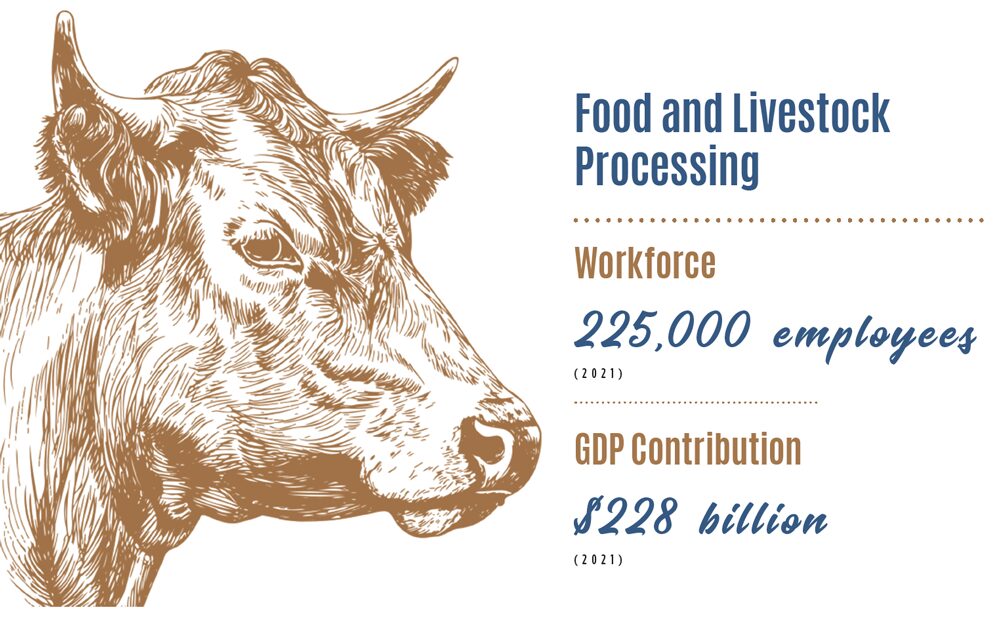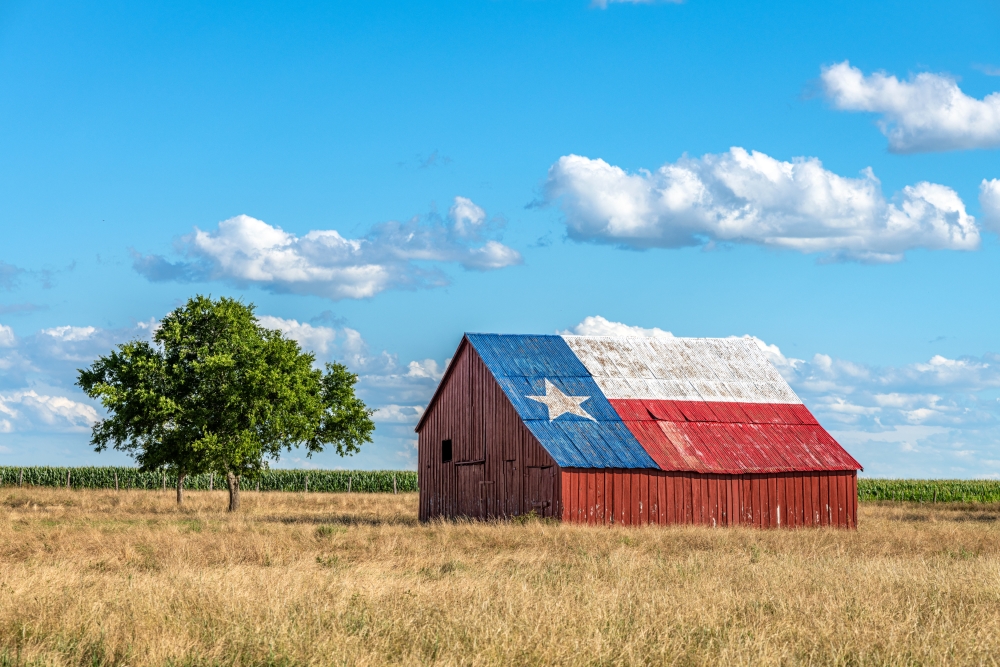For those who indulge in a warm, flaky pastry alongside their morning pick-me-up, or need to find a decadent sweet treat when the cravings hit, a Paris Baguette location is likely to hit the spot.
The South Korea-based bakery café franchise marked its arrival in the U.S. in 2005, opening its first storefront in Los Angeles, California. Since then, the SPC Group brand has experienced steady growth in the U.S. and Canada, awarding 163 new franchises, opening 51 new cafés and welcoming its 200th location in Glen Ellyn, Illinois in 2024.
Now the company has set out on an ambitious mission, opening 1,000 locations across North America by 2030. This year Paris Baguette is poised to award 200 new franchises and open 100 new cafés with sights set on untapped markets in Connecticut, Delaware, Guam, Idaho, Indiana, Missouri, New Mexico, Oklahoma and Puerto Rico.
Known best for artisan, handcrafted breads and pastries, Paris Baguette’s expansion goals now require a robust domestic supply chain. To ensure its momentum continues forward, the company decided now was the perfect time to invest in its first North American manufacturing facility. In February 2025, Paris Baguette announced a $165 million investment just outside of Fort Worth in the suburb of Burleson, Texas.
This strategic location decision didn’t happen by chance. Burleson has deep roots in the food manufacturing industry, supporting over 8,130 jobs and 194 food manufacturing operations within 25 minutes of the city’s downtown. Paris Baguette locked in on the city’s Highpoint Business Park, known as the hub for food manufacturing. The company will join manufacturers including Chicken E Food Service, McLane Classic Foods, Golden State Foods and more. With 450 new jobs in tow, Paris Baguette will soon become one of the county’s top employers.

This 267,000-sq.-ft. bakery manufacturing plant is set to supply the company’s locations in North and Central America as operations begin in 2027. Its establishment enables Paris Baguette to move away from importing frozen dough from South Korea and China, selecting Texas for distribution ease of fresh bakery goods. SPC Group subsidiary Samlip will be responsible for mass-produced bread at the facility.
“This expansion marks a significant step forward in our mission to bring the Paris Baguette experience to even more communities,” said Paris Baguette CEO Darren Tipton. “With this new facility, we are not only reinforcing our supply chain but also ensuring that we can continue offering the best in class, high-quality baked goods to our growing base of loyal guests. We are incredibly grateful for the support of Burleson, Johnson County and the State of Texas in making this vision a reality.”
One-Stop Shop
Industry expertise held by a small Texas town of over 55,000 residents is but a drop in the bucket of the statewide food processing ecosystem’s capabilities. Texas ranks as No.2 in the nation for the number of food and beverage processing establishments at 2,898, according to recent data from the U.S. Department of Agriculture.
Texas’ food processing cluster encompasses 42 different industries, manufacturing a plethora of various food and beverage products throughout the state.
It has drawn operations from industry heavyweights like Coca-Cola, Kraft Heinz, Tyson Foods, Frito-Lay and Keurig Dr Pepper. These giants have found Texas exceeds manufacturing needs, laying a fertile foundation for future growth. Coca-Cola Southwest Beverages is the third largest Coca-Cola bottler in the nation. As product demands increase the company has invested $168 million to expand its Fort Worth production facility. The expansion follows the opening of new locations in Houston and Waco since 2020, adding an additional 350,000 sq. ft. to the existing Fort Worth plant with three new production lines.
The state not only provides manufacturers the space to grow but has built an industry ecosystem that fosters strategic project investments. An industry cluster that has seen ample success is milling of flour and corn, especially in North Texas.
Just one month after the Sherman Economic Development Corporation announced a $1.3 million incentive to support the construction of a $35 million corn mill from Molino, whose parent company is food equipment manufacturer Lawrence Equipment, another manufacturer saw the perfect opportunity to establish its base. Flour and corn tortilla and chips producer Easy Foods made the decision to locate a $50 million, 200,000-sq.-ft. manufacturing facility in the city’s 3,300-acre Progress Park next to Molino’s new site, making the company a key local supplier. Easy Foods plans to construct its facility on 30 acres of Progress Park VI.

The San Antonio Stock Show & Rodeo always has a lively food section.
Photo courtesy of Visit San Antonio

Wine tasting at Pedernales Cellars in San Antonio.
Photo courtesy of Visit San Antonio
“We’re thrilled to announce we will be expanding with the construction of a state-of-the-art facility that will not only enhance our production capabilities but also bring 200 new jobs to the community,” Easy Foods shared in a social media post. “This new plant will further our mission to deliver high-quality products to our customers.”
Many local economies are driven by Texas’ food and livestock processing clusters. Texas leads the nation in its number of farms and ranches, part of being home to more cattle than any U.S. state. With native livestock species like the Longhorn and Beefmaster, Texas supports an inventory of 12.2 million head as of 2024. Operations ranging from meat and poultry production to processing meat byproduct can all be found within the state. The highest industry concentration for cattle is found in the High Plains, Northwest Texas and Central Texas regions while poultry processing thrives in Upper East Texas and Southeast Texas.
Both food and livestock processing industries are projected to see a 43% increase in GDP contributions by 2032. Future cluster growth is supported by a network of Texas agricultural producers, companies, suppliers, higher education institutions and state leadership keen to explore new innovations that deliver high-quality food products on a global scale.

